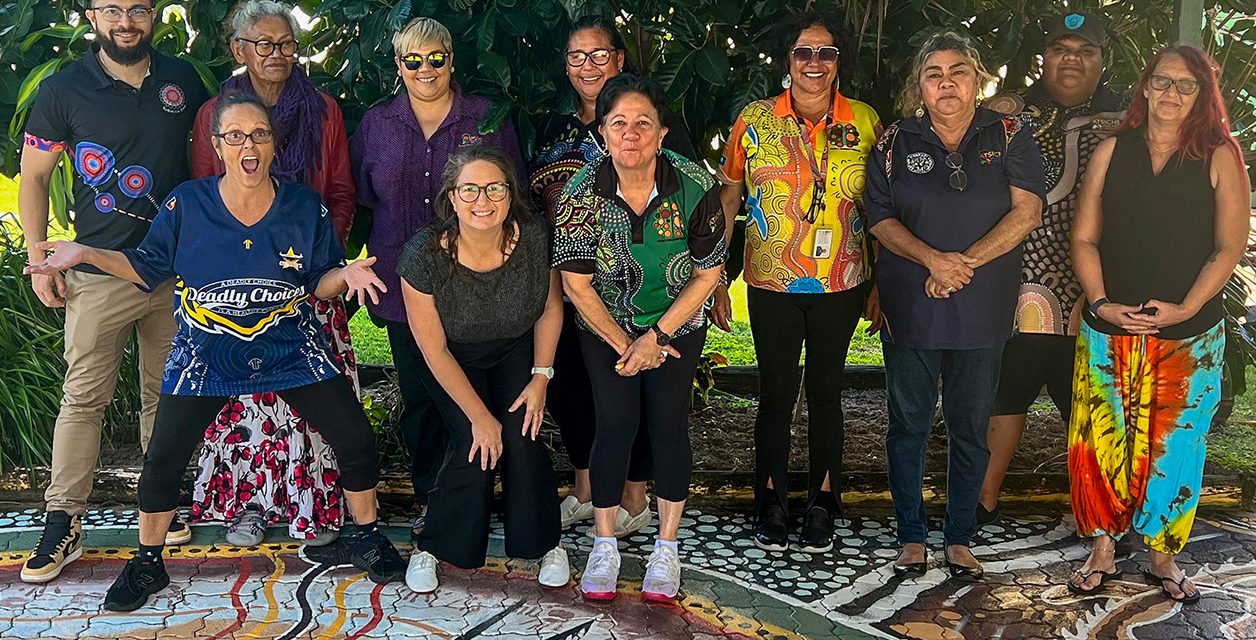Aboriginal and Torres Strait Islander communities across Queensland have voiced their opinions on tobacco consumption and access by their peoples.
QAIHC, in partnership with Australian National University’s National Centre for Aboriginal and Torres Strait Islander Wellbeing Research have conducted a series of consultation sessions throughout the state to determine community usage and gather feedback on measures to discourage smoking and tobacco use.
“Despite a general trend downwards, tobacco consumption amongst Aboriginal and Torres Strait Islander peoples remains almost triple that of non-Indigenous populations,” said QAIHC General Manager of Policy and Research, Gregory Richards.
“In remote and very remote areas, tobacco consumption is increasing, contrary to national trends.
“The leading causes of death for Aboriginal and Torres Strait Islander peoples — cardiovascular disease, chronic obstructive pulmonary disease, diabetes, and lung cancer — are all either directly caused, or significantly contributed to, by tobacco consumption.”
Mr Richards said the consultation sessions provided an opportunity for Member services and their communities to have a say on the issues surrounding tobacco usage and access, and how they wanted preventative health measures delivered in their areas.
QAIHC has consulted with communities with the cooperation of Members including Palm Island Community Company, Torres and Cape Hospital and Health Service, Mulungu Aboriginal Corporation Medical Centre, Wuchopperen Health Service, Apunipimpa Cape York Health Council, Girudala Community Co-operative Society Ltd, North Coast Aboriginal Corporation for Community Health, the Institute for Urban Indigenous Health, Goondir Health Services and Goolburri Aboriginal Health Advancement Co Ltd.
Feedback from the consultation sessions included:
- More anti-smoking education needs to be delivered in schools.
- More staff training in intervention techniques was required.
- People are not cutting back because cigarettes are getting more expensive – it is an addiction.
- Children are being bullied into vaping at school.
- More information required on how to access nicotine and other cessation products.
- The community needs to tackle the problem together with strong leadership.
- The government should follow the lead of New Zealand and ban the sale of smoked tobacco products to young people born after a certain year.
ANU will use the data from the stakeholder consultation sessions for research and for advocacy.










